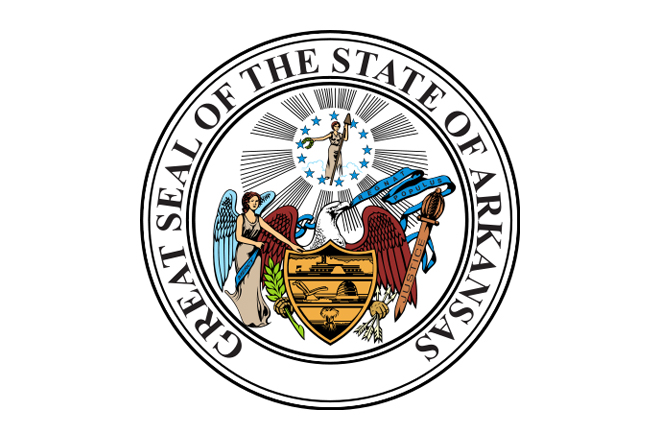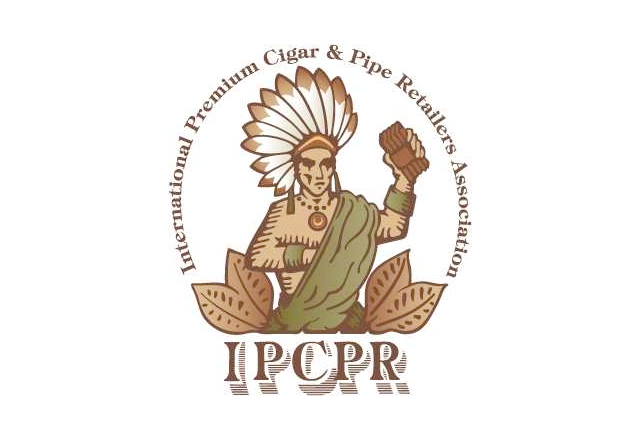A state with some of the highest taxes on cigars is getting a tax hike, and at least one retailer is calling it a victory. Last week, after months of negotiations, Gov. Mark Dayton signed into law new taxes that includes changes on how cigars are taxed in the state.
Under the old structure, cigars were taxed at 75 percent the wholesale cost meaning essentially every premium cigar—except for the cheapest bundle cigars—carried with it at least a dollar in tax given how most cigar retailers price products. The reality was, nearly every cigar being sold in the state of Minnesota carried with it dollars in state tobacco taxes.
The new law, which goes into effect July 1, raises other tobacco products (OTP) taxes to 95 percent, but places a cap on taxes at $3.50 per cigar. In simple terms, cigars with an MSRP $10 or over should actually reduce in sale price due to the introduction of the cap, while cigars priced below that mark will likely go up, with the biggest percentage increases coming on the cheaper cigars.
“We were hoping for the OTP to remain at 70 percent a cap of 50 cents to be in line with Iowa and Wisconsin,” said Jeff Haugen, owner of Tobacco Grove. “All hell broke loose in the last two weeks. Taxes going up to 95 percent, the cap and they were going to issue a floor stock tax which is what we through in 2005.”
Fortunately, a group of Minnesota retailers who have spent months working with the legislature were able to negotiate out the floor tax, which would have forced retailers to pay additional taxes on already taxed goods—effectively eliminating any sort of a grandfather clause.
Despite the increase, which at some price points will make Minnesota the highest-taxed state in the country, Haugen sees some victories.
“The main goal that we had this year was getting a clear definition of what ‘a premium cigar’ was,” said Haugen. “For the last 22 years the OTP has been an all-encompassing category, that includes sniff, snuff, roll-your-own, premium cigars, small cigars. The only thing that was an exception was a cigarette.”
With the new tax structure, premium cigars are recognized as separate through the cap.
“For us, having that cap language was so important. We’ve been educating the legislature about how the industry works, just like the manufacturers have been doing it at a federal level. I think it’s a victory because we are able to get our language drafted that is going to allow us to open up a conversation.”
With summer around the corner the timing of the bill is important. Three years ago, the New York State Legislature passed a cigar tax increase weeks before the IPCPR trade show and convention in 2010. Given the amount of buying traditionally done at the trade show and the associated discounts, manufacturers scrambled to offer deals to retailers before the tax increase went into effect.
Haugen says he and other Minnesota retailers have already begun negotiations with manufacturers to implement a variety of strategies to help lower the cost of cigars and he expects a similar scenario to how manufacturers handled New York retailers given this year’s trade show will take place less than two weeks after the new taxes go into effect.
For consumers, depending on the cigar, timing could be crucial to savings.
“It’s probably advantageous for people buying cigars under that $14.50 price to buy them before July 1,” said Haugen. “Consumers that are looking to purchase cigars over that price, I imagine they will probably wait until July 1.”
Haugen also admitted he is more likely to wait to purchase those cigars until after July 1 because the new tax structure would offer lower retail prices.
In an email to its members, the IPCPR made it clear it did not consider this a victory.
While IPCPR works closely with state retailers and the CAA for cigar tax caps, IPCPR and CAA opposed this legislation as this tax cap may prove detrimental to future tax cap efforts, and may likely cause the bordering states of Michigan and Wisconsin to potentially reconsider their present 50-cent tax caps.
Haugen had a different view.
“Our customers aren’t buying cigar from Wisconsin and Iowa, they are buying them form Pennsylvania and Florida where there is no tax.”



